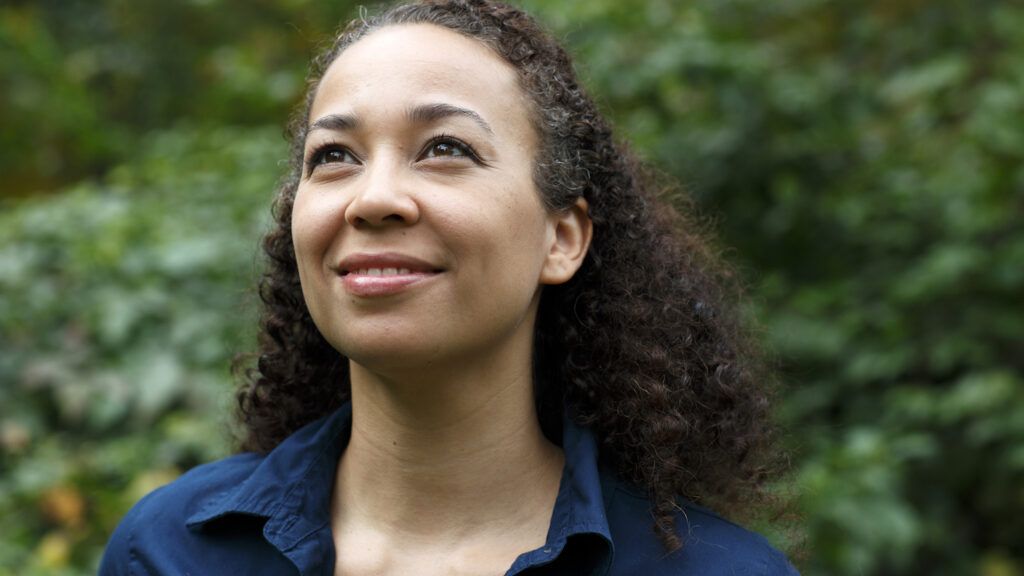“We must accept finite disappointment, but never lose infinite hope.”
Martin Luther King, Jr. spoke these words in a Washington, D.C., address in February 1968, just two months before he was assassinated in Memphis. They echo across the decades and endure as one of the most positive messages of the great civil rights leader’s legacy—that the challenges that weigh us down today should never dissuade us from imagining a better, more just, and more love-filled future.
I was taught—and I believe—that no feeling can last forever. Disappointment, sadness, embarrassment, excitement, relaxation, joy—not one of those emotional states, for better or worse, can be sustained indefinitely.
But could hope be the single exception to that rule? Dr. King thought so, and the impact of that belief continues to reverberate, even a half century after his death.
In his personal and public life, he endured many disappointments. Dr. King encouraged that we “accept” those challenges even as we hold onto the hope that makes his message so relevant. A disappointment or setback can put any of us in danger of giving up on our goals, hopes and dreams, whether for ourselves or for the world. Accepting that setback is simply part of the road toward what he famously called “the promised land” frees us to process our failures in a larger context of progress, connection and above all, hope.
So is hope in fact “infinite?” The poet Emily Dickinson said as much in her famous verse:
Hope is the thing with feathers
That perches in the soul,
And sings the tune without the words,
And never stops at all
There are so many ways to remember and honor Martin Luther King, Jr. Among them is taking today to reflect on this question—what do you hope for, infinitely?




